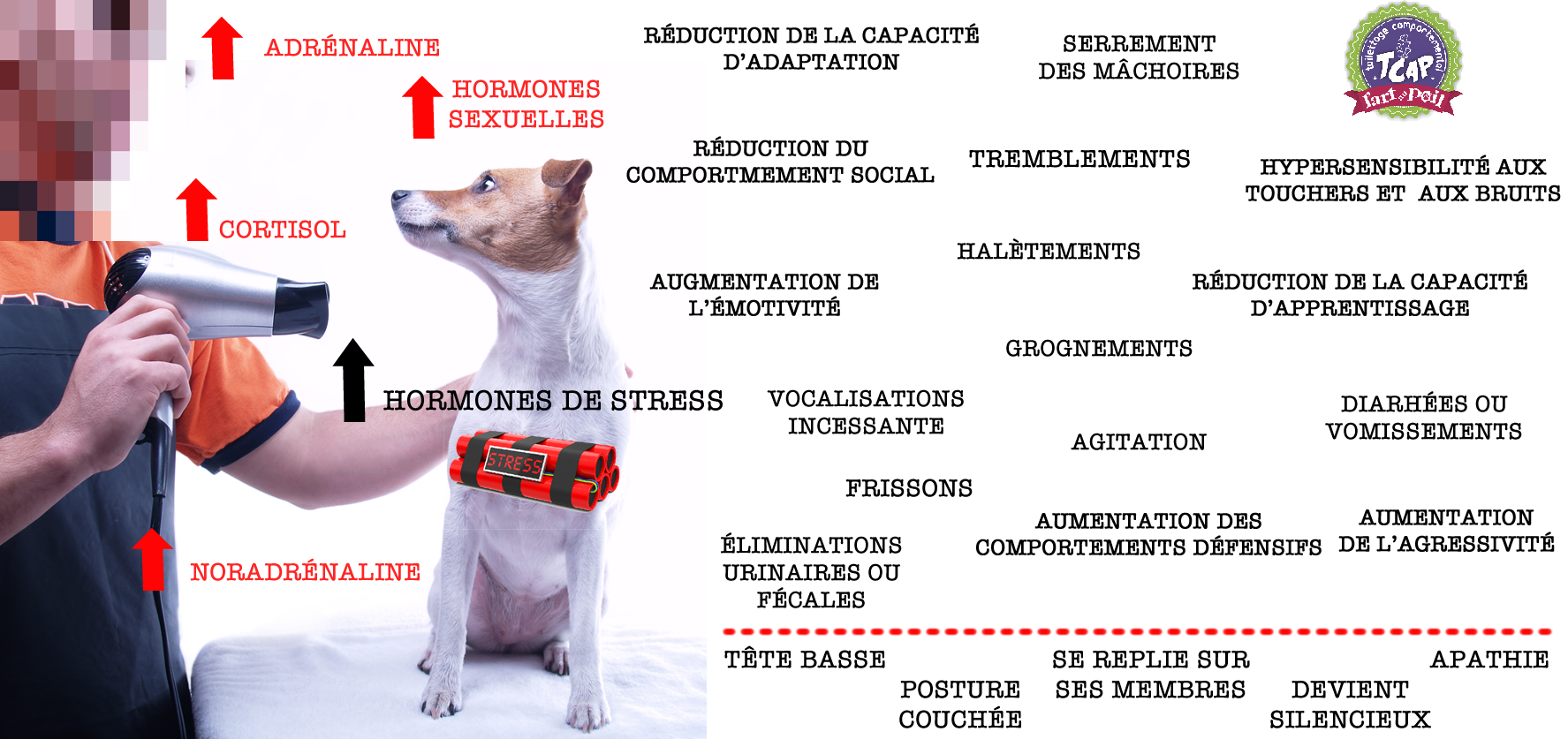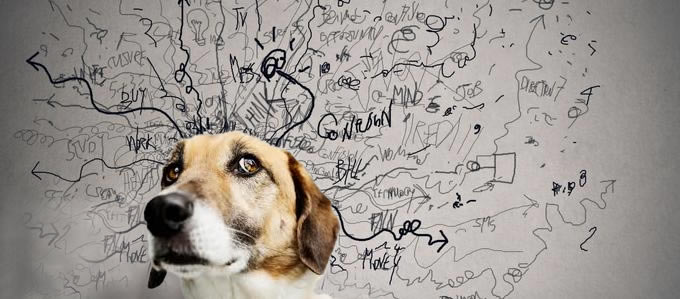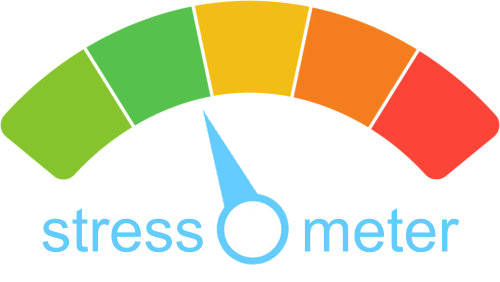

"Stress is defined as any unexpected changes, defensive and natural of an individual, behavioural and / or biological in response to a physically or physiologically threatening situation.”*
"Fear is defined as an immediate sense of anxiety experienced in the presence or by the thought of a real or perceived danger, and is in fact, an adaptive defensive response that increases the animal's chance of survival." *
Dog grooming performed several times a year has essential benefits in terms of dermatological prevention, in terms of regular hygiene (eyes, ears, anti-parasitic, observation of physiological changes, cutting claws at least every 3 weeks, cleansing treatment with protective rehydration at least once every 4 weeks, maintenance of short, medium or long coat.
Sadly, the experience of grooming or medical examination is often considered by the dog to be threatening for his well-being.This threat generates stress. Stress experienced at grooming and / or at the veterinarian, as distress, automatically triggers an "alarm or emergency reaction" in the body of the animal.
It must be understood that stresses are cumulative in the body of each individual (dogs, cats or humans). The impacts of high stress modify the body and the brain, which takes several months to heal.
The body releases multiple stress hormones (adrenaline, noradrenalin, and cortisol) and it takes the body and brain several days to get back at levels they were before the stress occurred.
It is essential for a professional and for dog owners to understand that stress has a devastating impact on a pet’s health.

Under stress, a succession of involuntary biological reactions occurs: tingling throughout the body, heartbeat accelerates, breathing becomes faster, etc. Irritability and impulsiveness increase, defensive reactions are rapidly demonstrated if the dog feels pushed, provoked or threatened. Aggressive behaviour is often associated with it. The dog becomes more sensitive to the groomer’s touch and surrounding noises. Stomach acids increase which can trigger diarrhea and / or vomiting. For an experienced professional behavioral groomer, it is a sure sign a dog is in a state of stress when refusing to eat during grooming. This results in excessive sweating of the pads, a need to urinate more often and to drink more. The brain is no longer fed a sufficient level of sugar, the dog’s concentration is affected and his ability to learn is reduced.
Due to repeated stresses, the immune system is threatened. The dog is more prone to skin problems, allergies, infections (ears, anal glands, bladder) and to diseases. Chronic stress increases blood pressure, causes blood circulation problems, heart problems and problems with oxygen circulation and stomach ulcers.
Furthermore, there is a link between the number of significant stressful events during one's life and the manifestation of various diseases in animals (strokes, asthma, diabetes, hypertension ...). *

Dogs have a life expectancy of between 10 and 13 years, the human being 70 years. The repeated stresses experienced by the animal have an even greater impact on its life expectancy. Hence the importance as a professional to reduce the level of stress at each grooming or veterinary visit.

Several professionals are specializing in this field (Certified ForceFree Grooming or in the process of becoming certified).
As the owner of a dog or a cat you are entitled to know it is possible for your pet to experience a stress reduced grooming or veterinary visit.
It is also possible for an animal to like the grooming experience or the veterinary exam. The ForceFree groomer and the ForceFree veterinarian will pace himself to give your animal all the time needed to adapt.
The price of a ForceFree care professional services correspond to the actual time spent caring for your dog within its limits.
A beautiful exchange of energy that will bear fruits all its life.
Be on the lookout for signs of stress, discomfort, uneasiness of your pet:
Read the latest news: What is ForceFree Grooming exactly?
Ressources
http://www.simplypsychology.org/stress-immune.html
Manifestations cliniques et endocrines liées au stress chez le chien et le chat
http://www.douglas.qc.ca/info/stress
http://www.resilience-psy.com/IMG/pdf/le_stress.pdf
https://www.neuroplasticite.com/mecanismes-neuroplasticite/stress/
https://blogs.scientificamerican.com/dog-spies/fear-and-anxiety-may-shorten-dogs-lifespan/
http://www.themoderndogtrainer.net/fear-and-anxiety-shorten-dogs-lives/
https://oatao.univ-toulouse.fr/11280/1/Lapeyrade_11280.pdf